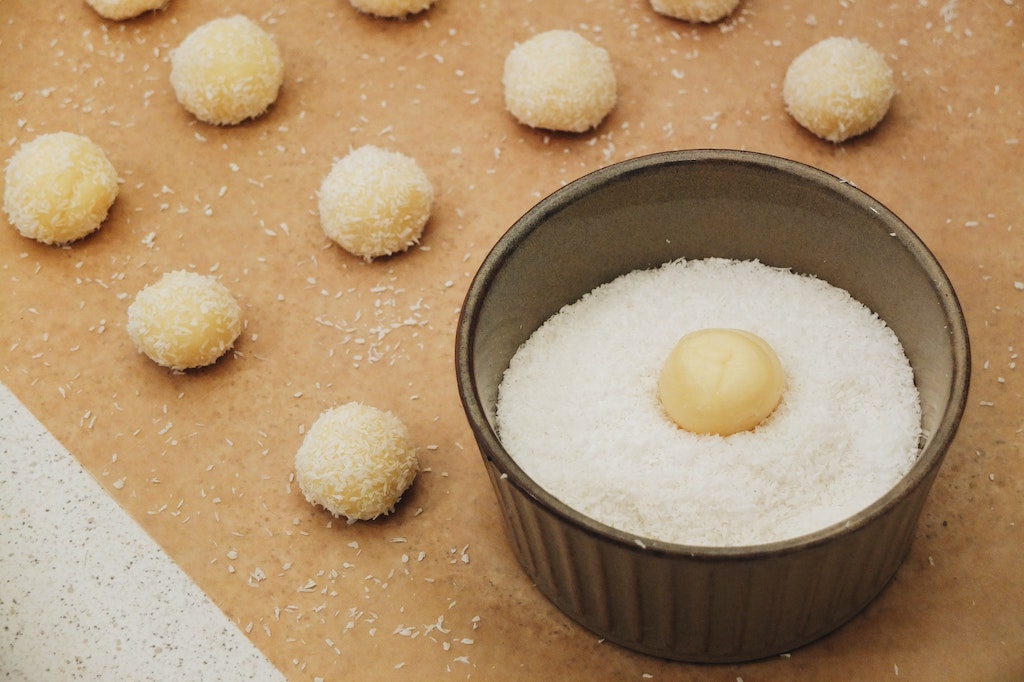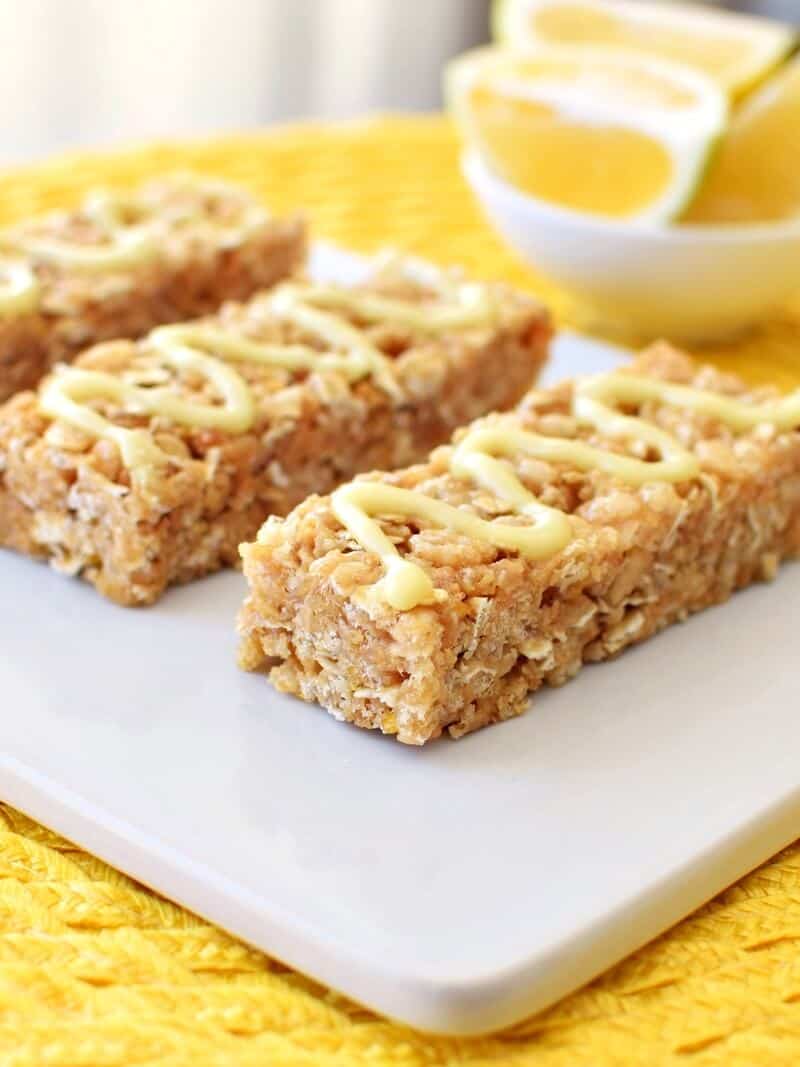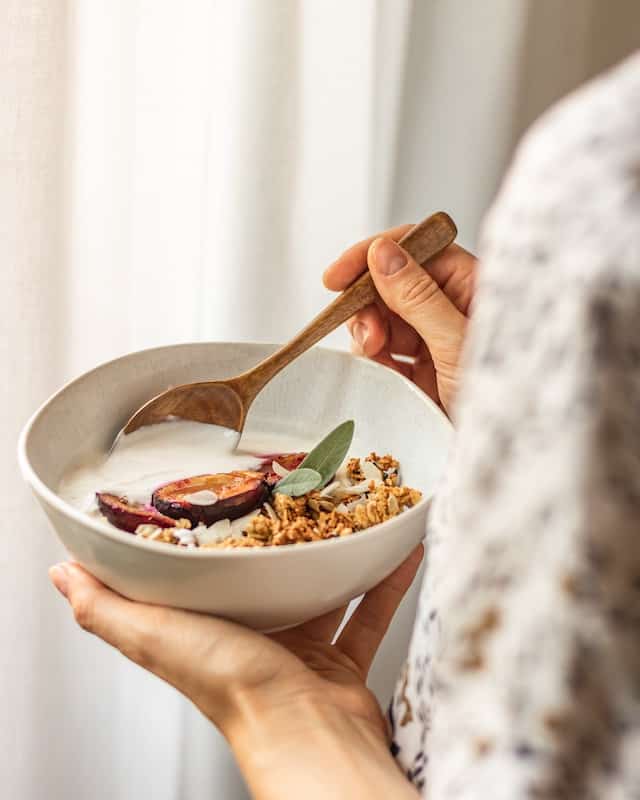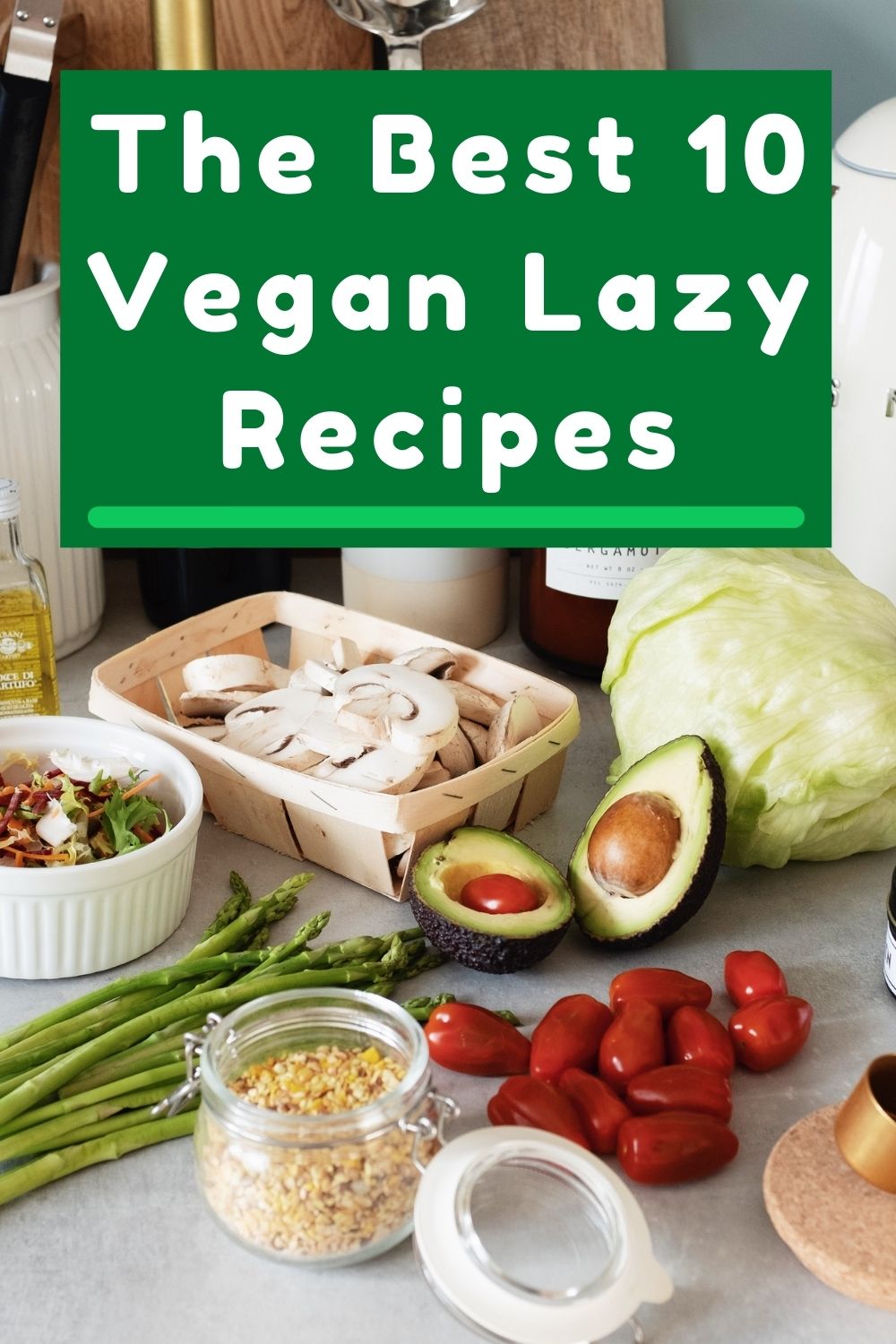Can you easily find a coconut sugar substitute? Absolutely! There are plenty of choices. But first, what is coconut sugar? Coconut sugar is a less common sweetener that grows in popularity, coconut sugar comes from citrus juice from coconut palm sugar. It is usually harvested on small farms. Coconut sugar is a light brown color with a coarse-grained consistency and is good for melting in the blender before using it in desserts. It tastes similar to light brown sugar with spices and has a medium level of sweetness.

WHAT IS COCONUT SUGAR?
Coconut sugar, also known as coconut palm sugar or coco sugar, is a natural sweetener derived from the sap of the coconut palm tree (Cocos nucifera). It is made by collecting the sap from the flower buds of the tree, which is then heated to evaporate the moisture, leaving behind the concentrated syrup. The syrup is further crystallized to produce coconut sugar.
Coconut sugar has gained popularity as an alternative to refined sugar and other sweeteners due to its perceived health benefits and lower glycemic index. Here are a few key characteristics of coconut sugar:
- Natural and unrefined: Coconut sugar is considered a more natural sweetener compared to highly processed white sugar. It undergoes minimal processing and retains some of the nutrients found in the coconut palm sap.
- Flavor and appearance: Coconut sugar has a rich, caramel-like flavor with a hint of coconut. It resembles brown sugar in terms of appearance, with granules that are typically light brown to dark brown in color.
- Lower glycemic index: Coconut sugar has a lower glycemic index compared to refined sugar, which means it causes a slower and more gradual rise in blood sugar levels. This characteristic makes it a popular choice among individuals who are mindful of their blood sugar levels or follow a low glycemic diet.
- Nutrient content: While coconut sugar is not a significant source of essential nutrients, it does contain small amounts of minerals such as iron, zinc, calcium, and potassium, as well as some antioxidants and dietary fibers.
HOW TO USE COCONUT SUGAR
Coconut sugar can be used as a substitute for regular sugar in a variety of recipes. Here are some common ways to use coconut sugar:
- Baking: Coconut sugar can be used in baking to add sweetness and flavor. You can replace regular sugar with an equal amount of coconut sugar in recipes for cookies, cakes, muffins, and bread. Keep in mind that coconut sugar has a slightly different flavor profile, so it may impart a subtle caramel-like taste to your baked goods.
- Beverages: Coconut sugar can be dissolved in hot or cold beverages as a natural sweetener. You can add it to coffee, tea, smoothies, or homemade lemonade for a touch of sweetness.
- Sauces and dressings: Coconut sugar can be used to sweeten homemade sauces, dressings, and marinades. It can enhance the flavor of dishes like stir-fries, barbecue sauces, or salad dressings.
- Desserts: Coconut sugar works well in desserts like puddings, custards, and fruit-based desserts. It can be used to sweeten homemade ice creams, sorbets, or fruit compotes.
- Sprinkling: Coconut sugar can also be used as a topping or sprinkle for certain dishes. You can sprinkle it on top of oatmeal, yogurt, or fruit for added sweetness and texture.
IS COCONUT SUGAR HEALTHY?
Remember that coconut sugar has a slightly lower sweetness level compared to regular sugar, so you might need to adjust the amount used in recipes based on personal preference. It's always a good idea to experiment and taste as you go to achieve the desired level of sweetness in your dishes.
Coconut sugar is often considered a healthier alternative to refined white sugar due to some perceived benefits. However, it's important to understand its nutritional profile and use it in moderation as part of a balanced diet. Here are some factors to consider regarding the health aspects of coconut sugar:
- Lower glycemic index: Coconut sugar has a lower glycemic index (GI) compared to refined sugar. This means it causes a slower and more gradual rise in blood sugar levels. Foods with a lower GI can be beneficial for managing blood sugar levels, especially for individuals with diabetes or those aiming to control their blood sugar response.
- Nutrient content: While coconut sugar contains small amounts of minerals such as iron, zinc, calcium, and potassium, the quantities are not significant enough to provide substantial nutritional benefits. The amounts of these minerals are relatively low, and it is not a significant source of vitamins or other essential nutrients.
- Caloric content: Coconut sugar is similar to regular sugar in terms of calories. It contains about the same number of calories per serving as regular sugar, so it should still be consumed in moderation to avoid excessive calorie intake.
- Fructose content: Coconut sugar consists primarily of sucrose, which is made up of glucose and fructose. While it contains less fructose than some other sweeteners like high-fructose corn syrup, excessive consumption of fructose can have negative effects on health, including potential metabolic issues and increased risk of obesity and non-alcoholic fatty liver disease.
THE BEST COCONUT SUGAR SUBSTITUTE
SUGARCANE
It is dark brown in color but varies in shape. Its texture is coarse and has a strong molasses taste. Sweet medium level. The best-known brands are Sucanat and Rapunzel in North America, North America, and Rapadzura Rapunzel in the UK and Europe. Glycemic index: 40-50. I really love this Organic sugarcane from Wholesome.
BROWN SUGAR
Brown sugar comes from the unbleached sugar cane molasses and when the sugar is not faded with animal bone. This gives the pale blonde a darker blonde color. It has a thin or very fine crystal size. It is closest to the taste of white sugar and has a high level of sweetness. Many times they add colors to white sugar and sell it as brown. You better chose organic as often you can. One of the best substitutes for coconut sugar. Glycemic index: 60-65
FRUCTOSE
Fructose or fruit sugar comes from sugar, raisins, and starch after processing. It is a simple ketone monosaccharide that is linked to glucose to form the disaccharide, sucrose. It is the worst of the sweeteners as it is responsible for many diseases and it’s better to avoid it. Glycemic index: 100
XYLITOL
Today xylitol is mainly derived from Genetically Modified Organisms and it causes problems in the intestines. Glycemic index: 20-30
STEVIA
Stevia comes from the stevia leaf and is 30 times sweeter than sugar. Many consider this the most concentrated sweetener by volume. It has a slightly green or white powder, depending on the treatment. It has a special flavor that some people find unpleasant. Glycemic Index: 0

CORN SYRUP
It comes from Genetically Modified Organisms and is the worst of nutritional value. If you notice many products contain this syrup because it is a very economical ingredient. Glycemic index: 60-80
AGAVE SYRUP
Agave comes from the same juicy plant from which we get tequila. Oh yes!! It is a sweet, viscous but delicate syrup. It has a light color, which can be darker. The darkest, the rawest, the better. The light agave is mild in flavor, while the dark has a stronger flavor. Its sweetness level is high. Glycemic Index: 11-19. The best Agave syrup is from Kirkland.
MAPLE SYRUP
This very popular sweetener is made by boiling grape maple juice in syrup and is available in a number of grades. It takes about 150 kilos of maple to make 3.5 kilos of syrup. Blonde to dark brown color, it has a delicate and sticky consistency and a sweet, light, and distinct taste. It has a medium level of sweetness. Glycemic index: 54
MOLASSES
A by-product of the refining of sugar cane, sugar beet, and grape. It has a very dark brown color with a thick and sticky texture. It has a characteristic strong flavor with some bitterness and a low level of sweetness. Glycemic Index: 55
RICE SYRUP
Sugar-derived starch from brown rice starch is a traditional Asian sweetener and is a popular sweetener in the macrobiotic diet. It has a golden flavor with a very dense and sticky texture. It has a taste similar to caramel and a mild sweetness level. Glycemic index: 25
COCONUT SYRUP
It comes from the Indian coconut fruit. Medium brown in color, but you can find it even lighter or darker. Thicker than maple syrup or agave, it has a characteristic flavor that some find pleasing, but the taste varies depending on the brand. The sweetness level is low. Glycemic index: 35
DRIED FRUIT
Berries, raisins, apricots, figs, pineapples, mangoes, and more are great ways to add natural sweetness to a dish. Do not forget the dates! My first contact with Dates was during my work in Qatar. There you can find a variety of dates be at very cheap prices (4-5 euros/kilo). Please make sure that dates are sugar-free. They are moderate in sweetness and have many nutrients.
FRUIT PASTE
Fruit pastes are from dried fruits in water, often flavored with seasonings or citrus, then mixed into a paste. Usually made from dried apricots, dill, figs, mango, or raisins, fruit pastes are essential ingredients for a herbal diet. I use this Cherry fruit paste to make delicious desserts.

Q&A – COCONUT SUGAR SUBSTITUTES
IN WHAT RATION TO SUBSTITUTE BROWN SUGAR FOR COCONUT SUGAR?
You’ll just have to use a ratio of 1:1 for replacing. They taste similar and the difference is that brown sugar does not hold moisture. Brown sugar can make your baking goods a little bit drier.
IN WHAT RATIO TO SUBSTITUTE MAPLE SYRUP FOR COCONUT SUGAR?
You’ll have to replace a ratio of 1:1. Maple syrup is a great alternative to coconut sugar.
WHAT’S THE DIFFERENCE BETWEEN COCONUT SUGAR AND REGULAR SUGAR?
The difference is the nutritious levels. Coconut sugar has lower glucose than regular sugar. It is considered to be healthier and contains vitamins.
WHERE TO BUY COCONUT SUGAR
You just love coconut sugar and you do not want to substitute it? The best coconut sugar is organic ones from Madhava and Big Tree.







Comments
No Comments